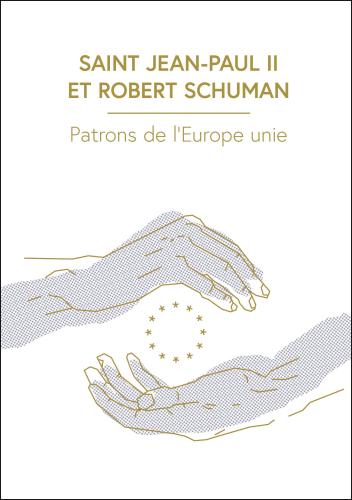Karol Wojtyła’s experience of international dialogue and European integration. Selected ideas and practice in the Kraków period (1938–1978)
Synopsis
The experience of Europeanness, international dialogue, understanding and European integration form an important part of Karol Wojtyła’s biography during the Kraków period (1938–1978). Among the many developments that influenced his perception of Europe — as a cultural and civilisational centre — his Polish language and literature studies at the Jagiellonian University are among the most important ones. They provided a solid foundation in literature and drama. The years of the Second World War: the time of the occupation, the annihilation of the Jewish population and its post-war fate also reinforced the value of European unity. Whereas his trip to the Eternal City, his doctoral work and the opportunity to visit Western European countries reinforced the importance of Christianity as a permanent consolidating element of the continent. The experience of the Second Vatican Council was revolutionary, creating an opportunity to meet with representatives of peoples, cultures and races from all over the world. It also became a key moment in the history of Polish-German dialogue, culminating in a visit to the Federal Republic of Germany in 1978.



